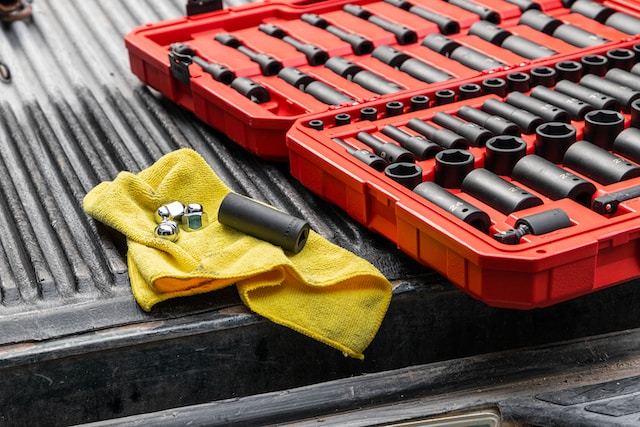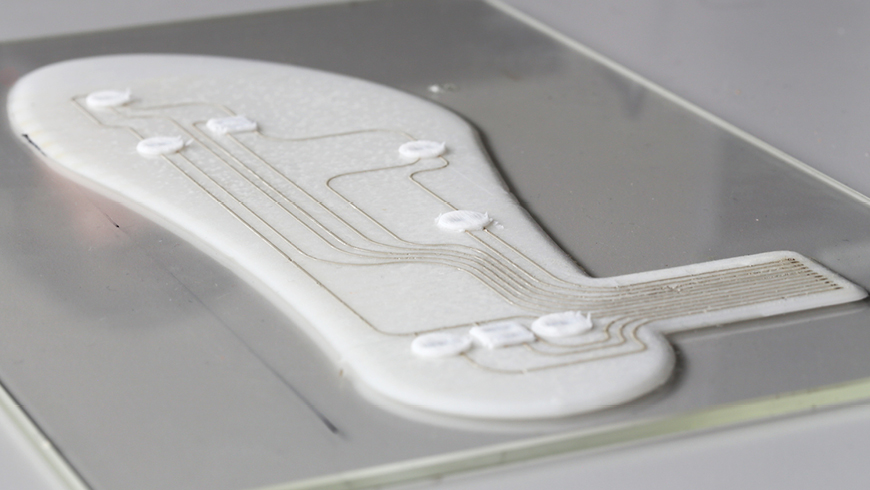Imagine a finely tuned orchestra playing a complex symphony. Each instrument must be in perfect harmony to create a breathtaking performance. Similarly, the supply chain operates as a synchronized ecosystem, where delays in one part can reverberate through the entire system, threatening its smooth functioning. Amidst the hustle and bustle, an unsung hero quietly works to keep this intricate dance intact: maintenance management. Often underestimated, yet undeniably crucial, maintenance activities intertwine with every step of the supply chain, be it transportation, production, or storage. Just like a missed note can disrupt the symphony, a faltering maintenance team can send shockwaves across the supply chain. So, buckle up as we embark on a thrilling journey, uncovering the exhilarating significance of preventive maintenance in supply chain management.
What is Preventative Maintenance?
Preventive maintenance (PM) is a crucial process that involves regular inspection, troubleshooting, and servicing of equipment to proactively identify and prevent potential failures. This proactive approach significantly reduces the chances of equipment malfunctions and unexpected downtime caused by inadequate maintenance.
Implementing preventive maintenance enables effective monitoring of machine performance, allowing for timely intervention to address any emerging issues before they escalate into significant problems. By conducting regular maintenance, the lifespan of machines is prolonged, resulting in long-term cost savings.
An example of maintenance management in manufacturing or logistics centers could include:
- Trained operators performing regular checks and timely replacement of worn parts as per a predetermined schedule.
- Carrying out preventive cleaning, lubrication, and alignment of machines to ensure optimal functioning.
- Conducting periodic visual inspections to detect any signs of wear and tear.
- Regular calibration of machines to maintain accuracy and reliability.
Consistently adhering to a well-defined schedule for preventive maintenance helps minimize the likelihood of expensive repairs or breakdowns, while simultaneously enhancing overall machine performance.
Maintenance in Transportation
Transportation plays a crucial role in supply chains, facilitating the movement of raw materials to warehouses and the distribution of finished goods to consumers. Behind the scenes, extensive maintenance work is vital to ensure the seamless operation of this process.
Reliability is paramount for successful and timely deliveries to designated locations, requiring transportation modes to be capable of supporting intended routes without critical failures. Ship, train, aircraft, and fleet maintenance managers bear the responsibility of diligently performing their tasks to ensure the reliability of transportation.
Furthermore, specific materials or products often necessitate transportation under specialized conditions. Refrigeration, for instance, is vital for preserving the freshness, flavor, texture, color, and nutritional content of frozen food items. Quick freezing techniques help retain vitamin C levels in vegetables, ensuring safe and high-quality products for consumers. Regular maintenance of refrigeration equipment, such as refrigerators, is essential to prevent failures that could disrupt the order and cause significant delays within the supply chain.
Proper maintenance is clearly indispensable for the smooth functioning of transportation equipment. It ensures timely deliveries, meeting consumer demands for a diverse range of fresh, nutrient-rich, and long-lasting products.
Maintenance in Production
The production area of operating plants is a stage in the supply chain where maintenance receives the deserved recognition. Maintenance management encompasses two main philosophies: a reactive approach that addresses device failures after they occur and a range of proactive approaches that focus on predicting failures and conducting preventive maintenance.
Opting for a proactive preventive approach is crucial for minimizing unscheduled asset downtime and avoiding delays in plant operations. Consequently, maintenance managers are gradually shifting towards proactive preventive maintenance, with some ambitious organizations aiming to implement predictive maintenance to minimize unexpected downtime. However, a typical facility typically adopts a preventive maintenance strategy as a practical approach to ensure operational efficiency and reduce disruptions.
Storage and Warehouse Maintenance
Within the supply chain, there comes a time when certain materials or finished products need to be securely stored in a warehouse for a night or more. However, to ensure optimal protection, several essential conditions must be met:
- The machinery, including forklifts, must be in proper working order.
- The warehouse itself requires regular maintenance. Though seemingly trivial, issues such as broken lamps, slippery floors, or unstable shelves can lead to damage to stored goods.
- Equipment like refrigerators must operate correctly to preserve goods that require temperature control.
While it may not often be at the forefront of your mind, every asset and item that passes through your supply chain is reliant on the care provided by maintenance technicians. Without their regular interventions, your logistics processes would be plagued by constant failures, resulting in delays, increased costs, and deliveries of products in unfavorable conditions. Recognizing the importance of maintenance ensures the smooth functioning of your supply chain, safeguarding the integrity of your operations and customer satisfaction.
Customer Delivery Maintenance
Even after your product reaches the store, maintenance remains a crucial aspect of the operations of your logistics company. However, the responsibility for maintenance shifts to the facility manager of that particular store. It is essential for the store to function under normal conditions in order to ensure that the products can reach the customers efficiently.
If the store faces closures due to issues like leaky pipes or a damaged roof, it disrupts the entire chain of operations. While such occurrences may be rare, they often could have been prevented or avoided with proper maintenance. Moreover, if the store is not adequately maintained, it can give rise to a multitude of other problems.
This becomes even more critical when the product requires specific conditions such as temperature, lighting, or humidity control. Thankfully, maintaining a store is generally less demanding than maintaining a production line. Even if you may not personally encounter these problems, it is important to remember that challenges can arise, and there are individuals working behind the scenes to ensure smooth operations and keep everything running seamlessly.
Author bio:
Lindsey Walker is the marketing manager for NEXGEN, a Sacramento-based industry leader in designing advanced computerized maintenance management systems and asset management software tools for utilities, facilities, public works, manufacturing, and fleet industries. In her free time, Lindsey enjoys traveling and reading, which allows her to gain new perspectives and inspiration for her work. She is committed to creating content that connects well with her readers, enhancing their digital experiences.







